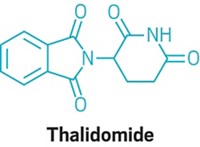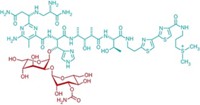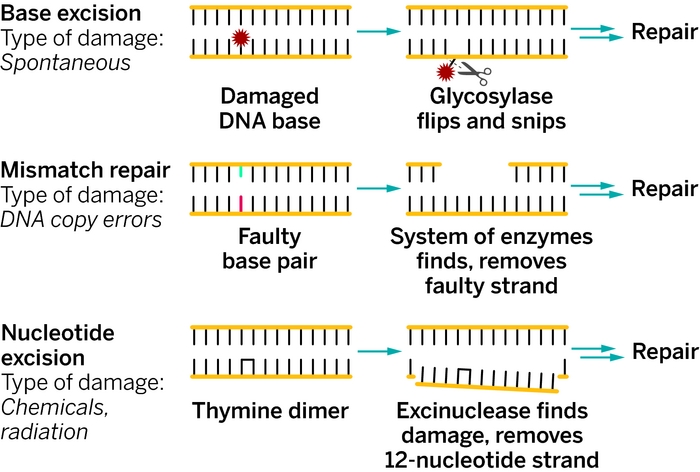Advertisement
Grab your lab coat. Let's get started
Welcome!
Welcome!
Create an account below to get 6 C&EN articles per month, receive newsletters and more - all free.
It seems this is your first time logging in online. Please enter the following information to continue.
As an ACS member you automatically get access to this site. All we need is few more details to create your reading experience.
Not you? Sign in with a different account.
Not you? Sign in with a different account.
ERROR 1
ERROR 1
ERROR 2
ERROR 2
ERROR 2
ERROR 2
ERROR 2
Password and Confirm password must match.
If you have an ACS member number, please enter it here so we can link this account to your membership. (optional)
ERROR 2
ACS values your privacy. By submitting your information, you are gaining access to C&EN and subscribing to our weekly newsletter. We use the information you provide to make your reading experience better, and we will never sell your data to third party members.
Biological Chemistry
Luciferase Is Okay For Research After All
Suspicion that a popular enzyme used in biomedical studies might have adverse metabolic effects has been put to rest
by Stu Borman
January 27, 2014
| A version of this story appeared in
Volume 92, Issue 4
Firefly luciferase, a luminescence-inducing enzyme, is often engineered into cells to facilitate imaging in studies on the mechanisms of cancer and other diseases. However, it differs by only a single amino acid from fatty acyl-CoA synthetase, an enzyme that plays a key role in fatty acid metabolism. This close resemblance has raised concerns that luciferase-engineered cells could have adverse effects on metabolism and thus cause experimental artifacts that might invalidate some of the many studies—estimated to number about 30,000—in which luciferase has been used. Peter J. O’Brien of the drug company Pfizer, Gary Siuzdak of Scripps Research Institute California, and coworkers have now put that fear to rest (Metabolomics 2014, DOI: 10.1007/s11306-014-0622-5). The researchers used mass spectrometry studies to show that there are no significant metabolic differences between native and luciferase-engineered cells in three cell lines commonly used in cancer research. “Fortunately for the thousands of investigators who use this technology, our results came back negative with no statistically significant variance observed in the cancer cells we examined,” Siuzdak says. “This negative result is ultimately very positive.”





Join the conversation
Contact the reporter
Submit a Letter to the Editor for publication
Engage with us on Twitter